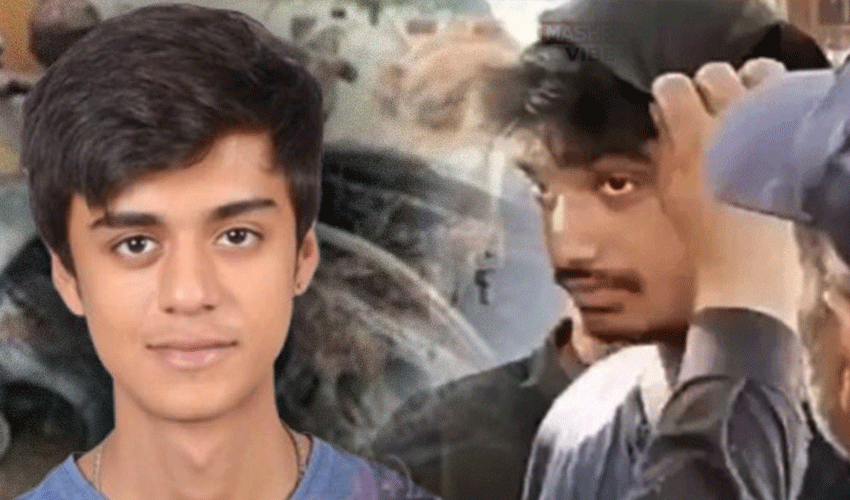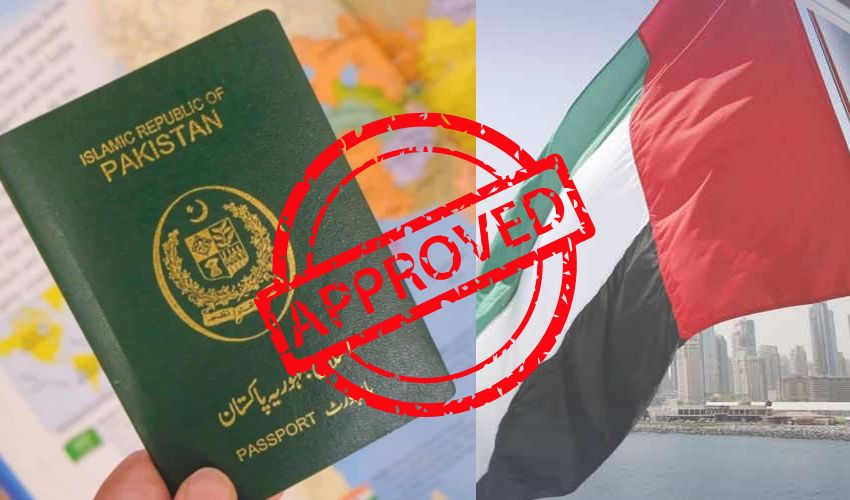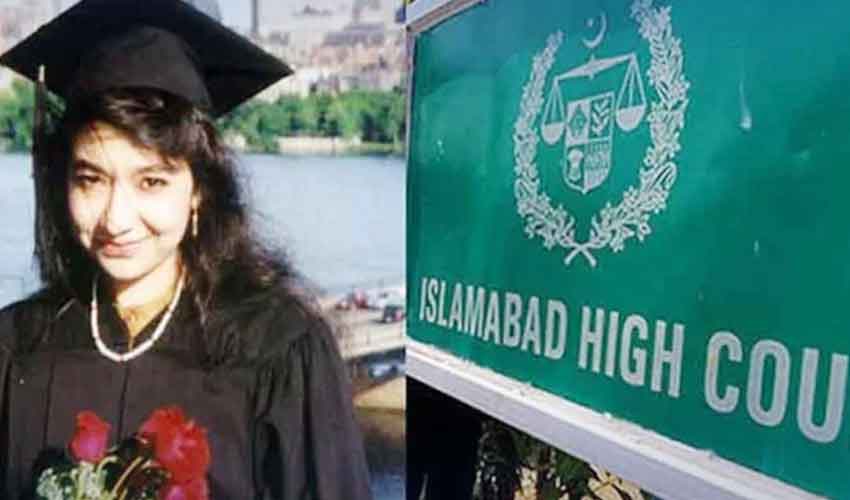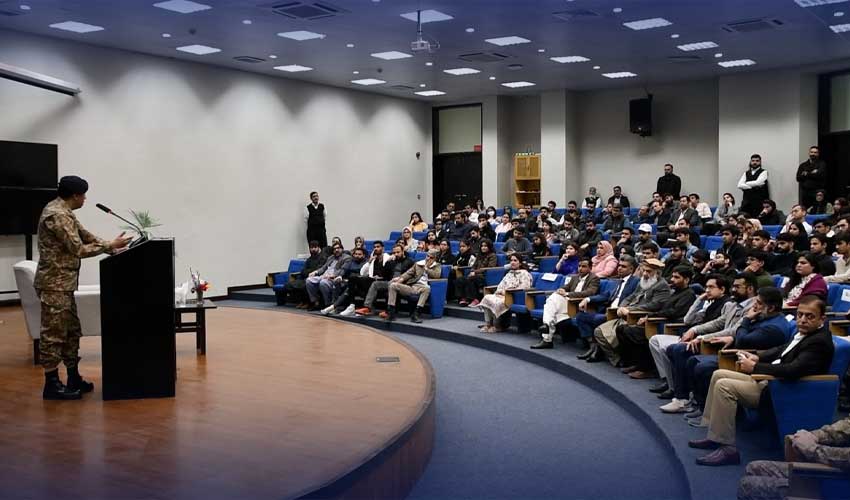The Anti-Terrorism Court (ATC) on Saturday extended the physical remand of the prime suspect in the Mustafa Amir murder case, Armaghan Qureshi, for five more days after he collapsed in court, alleging custodial torture and threats to his life.
During proceedings at ATC-3, police sought an extension of Armaghan’s remand, which had ended after four days. His father, Kamran Qureshi, was present in court and attempted to meet him, but police officials prevented access.
The situation took a dramatic turn when the court inquired whether the accused had been mistreated. In response, Armaghan claimed he had been beaten before suddenly collapsing. Court staff rushed to revive him by splashing water on his face. Upon regaining consciousness, he alleged that police had not provided him with food and had taken him to Balochistan, where he was threatened with death.
"I am afraid for my life; they will kill me," he told the court.
Police, however, dismissed the allegations, stating that Armaghan had collapsed on his father’s signal in an apparent attempt to disrupt proceedings. Investigators also informed the court that they needed to record his statement under Section 164 of the Criminal Procedure Code.
His lawyer, Khurram Abbas, challenged the police’s version, arguing that the accused was under duress and had been denied basic rights during the investigation. He also pointed out discrepancies in the police proceedings, particularly the lack of signatures from co-accused Shiraz during questioning.
The case background
The high-profile case revolves around the alleged kidnapping and murder of Mustafa Amir, a Defence Housing Authority (DHA) resident who went missing on January 6. Armaghan and his friend Shiraz are accused of murdering him before burning his body along with his car.
According to investigators, Mustafa and Armaghan had a dispute over a girl during New Year’s Eve. On January 6, Armaghan allegedly lured Mustafa to his residence under false pretenses and fatally attacked him. The suspects then transported the body in the trunk of Mustafa’s car to Hub, Balochistan, where they set the vehicle on fire.
Police have since recovered modern weapons from Armaghan’s residence, while the Counter-Terrorism Department (CTD) has been tasked with tracing their origin. Additionally, the Anti-Violent Crime Cell (AVCC) has sought assistance from the Federal Investigation Agency (FIA) to analyze data retrieved from a laptop seized from the accused’s bungalow.
A crucial piece of evidence, a purported last audio recording of Mustafa, has also surfaced. In the recording, he is reportedly heard telling a friend that he was heading to Armaghan’s house and suggesting that his friend join him later.
Investigators have also uncovered a string of past criminal activities linked to Armaghan, alleging that he was involved in extortion, kidnapping, drug dealing, and illegal possession of weapons.



























